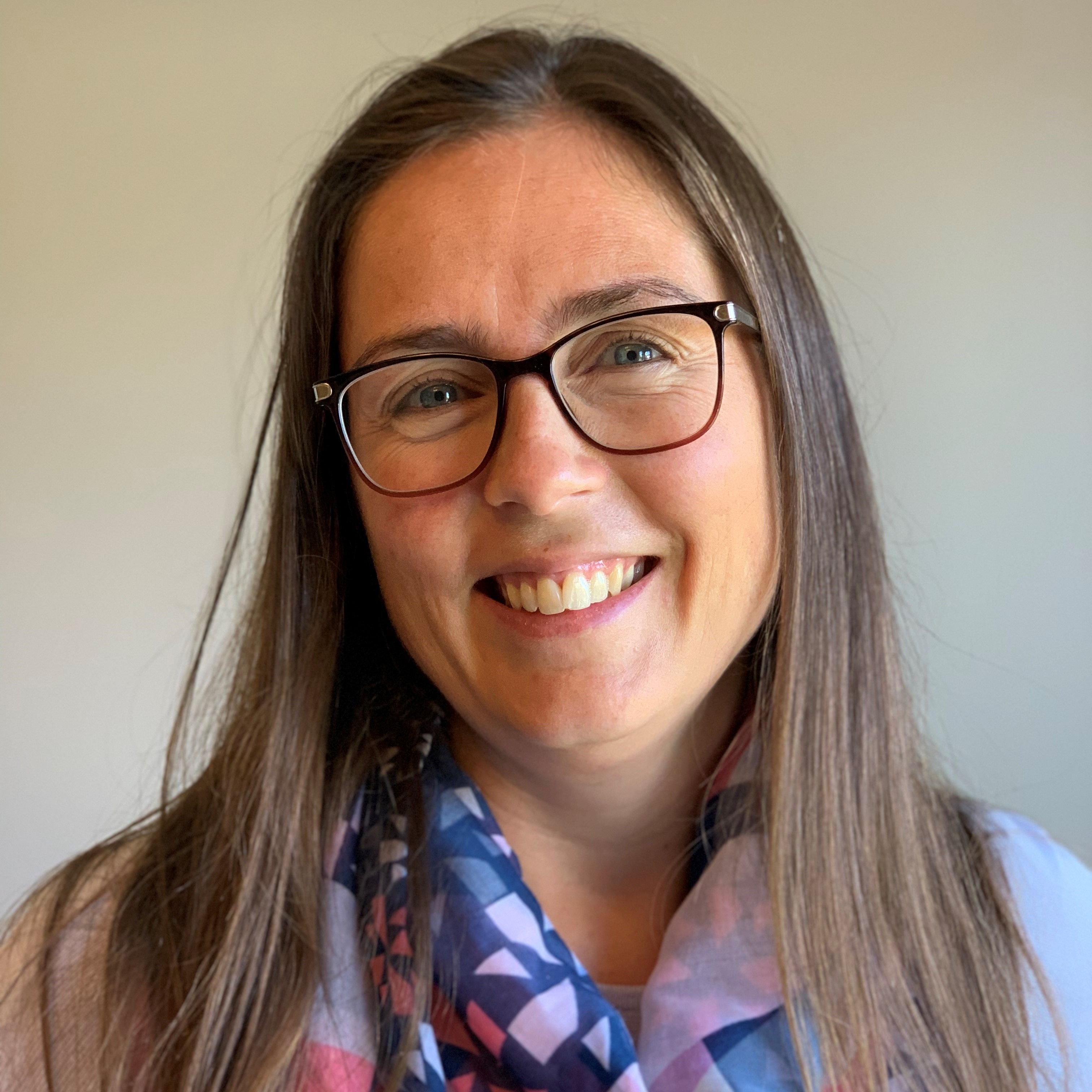Marie-Lise Tremblay
PhD Energy and Materials science, 2011
Researcher and Project Manager at Hydro-Québec

“INRS enabled me to build bridges between scientific research and industry, and to accomplish concrete goals using science to help resolve issues.”
Marie-Lise Tremblay is used to breaking into a men’s world. As a scientist focusing on energy-supply materials, she holds a M.Sc. and a PhD in Energy and materials science from INRS, with a specialization in electrochemistry.
After completing her Master’s degree, Marie-Lise decided to get into the job market and was hired by HERA Hydrogen Storage Systems, a high-tech company which no longer exists but that use to specialize in hydrogen storage tanks based on metal hydride technology.
As an undergrad student in chemistry at the University de Sherbrooke, she was used to a 50-50 male-female student ratio. But according to her, materials development/energy conversion remains a predominantly male field, a reality that struck her at HERA. “It’s one of the reasons why I decided to pursue a PhD I felt that I needed a title to be taken seriously. That, and the fact that INRS offered many interesting research topics with several professors specializing in electrochemistry.”
Her three years at HERA, combined with her masters’ studies, and internships at the Hydro-Québec Research Centre paved the way for her PhD at INRS in Professor Daniel Guay’s team. At the time, Professor Guay had informed the small applied electrocatalysis community in Quebec that he was looking for students to work on his research on the characterization of electrode materials.
Therefore, in 2006, Mariel-Lise undertook her PhD studies under the supervision of Daniel Guay from the Énergie Matériaux Télécommunications Research Centre and Andrzej Lasia from the Université de Sherbrooke. “It felt like everything was falling into place. I was going back to studying nanocrystalline new materials but for a very specific application: direct ethanol fuel cells.”
Using science to help solve real-life problems is something that has always motivated Marie-Lise. That’s why she came back to INRS to pursue her PhD. “INRS is a high-calibre technical university. The fact that it’s dedicated to graduate studies is reflected in the infrastructures, the rigor in research projects, and the way the university is managed.”
After receiving her PhD in 2011, Marie-Lise went back to the Hydro-Québec Research Centre, where she still works today as a researcher and project manager specializing in energy-supply materials within the Performance, évolution et caractérisation des actifs – Innovation Production division. “My role at Hydro leads me to examine problems that can be solved with applied science, and my team’s work contributes to raising the value of R&D within the organization.”
Marie-Lise has great memories of her time at INRS, particularly at the Énergie Matériaux Télécommunications Research Centre where she forged relationships with many colleagues that are part of her professional network today. “The Énergie Matériaux Télécommunications Research Centre prepared me to integrate science into a company’s primary mission, and to apply it for its operations. My academic training has also shown me that it’s possible to be a scientist and a project manager, a dual function that I hold with pride.”
[As told to the INRS Foundation in October 2021.]
